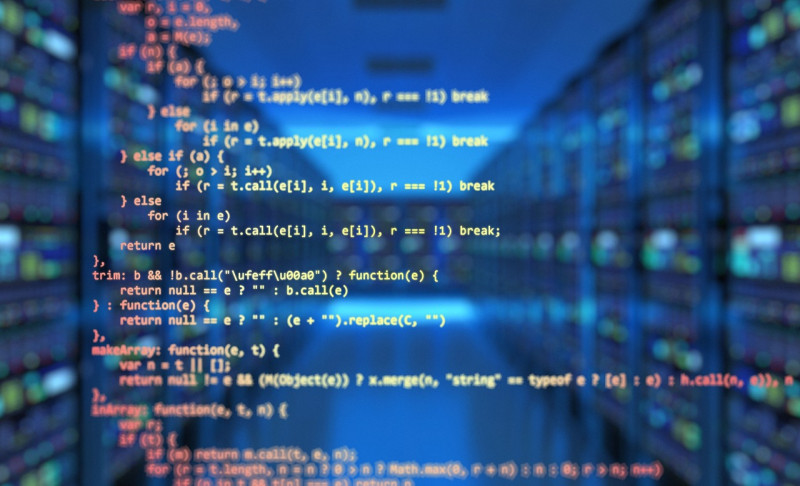
Data Science: Statistical Programming with R
This course offers an elaborate introduction to statistical programming with R.

This course offers an elaborate introduction to statistical programming with R.
Students learn to operate R, to perform data manipulation and visualisation, work with the (generalized) linear models, conduct simulation studies (e.g. bootstrap) and present results of data analyses in publication ready tables. We will work with the RStudio environment and R Markdown. The focus will be on the tidyverse package.
R is a very popular and powerful platform for data manipulation, visualization, and analysis and has a number of advantages over other statistical software packages. A wide community of users contribute to R, resulting in broad coverage of statistical procedures, including many that are not available in any other statistical programme.
In this course we will cover the following topics:
No previous experience with R is required. For participants who already have some experience with R, we offer more challenging exercises.
Participants should bring their own laptop computer with both R and RStudio installed.
R can be installed (for free) from here
RStudio can be installed (for free) from here
The Open-Source Desktop license is fine.
This course can be taken separately, but is also part of a series of 8 courses in the Summer School Data Science specialisation taught by UU’s department of Methodology & Statistics:
Upon completing, within 5 years, 3 out of 8 courses in the Summer School Data Science specialisation (no more than one text mining course), students can obtain a certificate.
Please see here for more information about the full specialisation.
We also offer tailor-made M&S courses and in-house M&S training. If you want to check out the possibilities, please contact us at ms.summerschool@uu.nl.
Applied researchers and (master) students who already use statistical software and would like to learn to use, or improve their usage of, the R environment. Understanding basic statistical theory such as t-tests, hypothesis testing, and regression is required. Participants from a variety of fields—including sociology, psychology, education, human development, marketing, business, biology, medicine, political science, and communication sciences—will benefit from this course.
A maximum of 80 participants will be allowed in this course, and selection for the course will be done on a first-come-first-served basis.
For an overview of all our summer school courses offered by the Department of Methodology and Statistics please click here.
For participants who are also interested in more advanced data analysis techniques (machine learning) are recommended to follow the subsequent course Data Science: Data Analysis (Course code S31, 15-19 July 2024).
The course teaches students the skills needed to understand how R works and how to use R for a variety of statistical analyses. The following skills and learning goals are covered in this course:
Five full days. A typical course day starts at 9.00 and ends at 16.30 with breaks for coffee & tea, lunch, and sodas.
You will receive a certificate upon course completion. Please be aware that this course does not include graded activities, and therefore we cannot provide a transcript of grades.
PhD students from the Faculty of Social and Behavioural Sciences at Utrecht University have the opportunity to attend three Winter/Summer School courses funded by the Graduate School of Social and Behavioural Sciences. Additionally, they may choose to take as many courses as they wish at their own expense from their personal budget.
This course can be taken free of charge for UU employees of the faculty of Social and Behavioral Sciences. Please complete the form as usual; you will not receive an invoice for this course.
There are no scholarships available for this course.
We also offer tailor-made M&S courses and in-house M&S training. If you want to check out the possibilities, please contact us at ms.summerschool@uu.nl.
The housing costs do not include a Utrecht Summer School sleeping bag. This is a separate product on the invoice. If you wish to bring your own bedding, please deselect or remove the sleeping bag from your order.
Please include a short description about: your (scientific) background and, if applicable, your experience with programming.